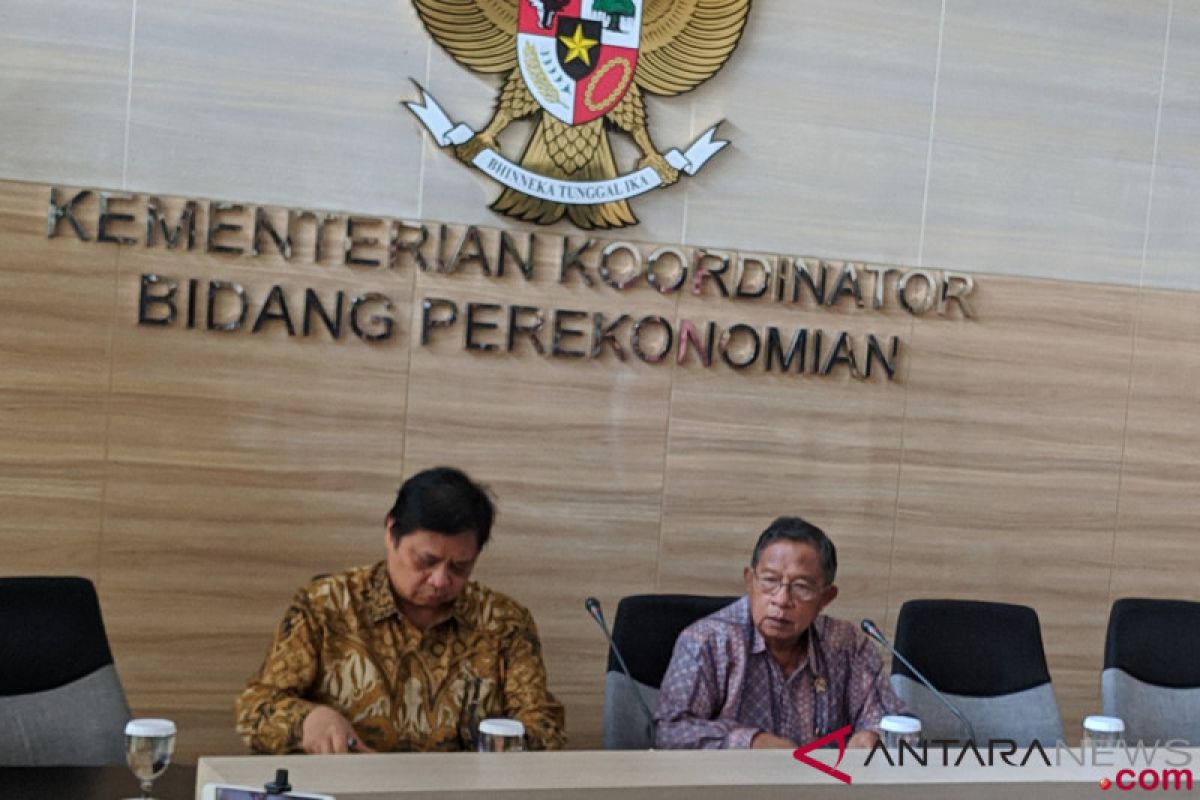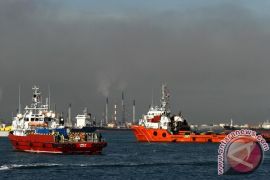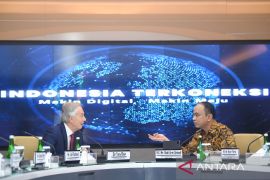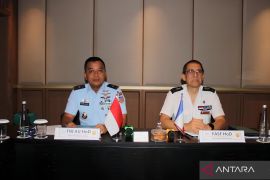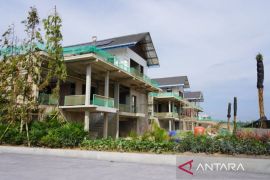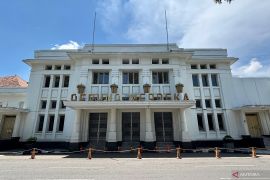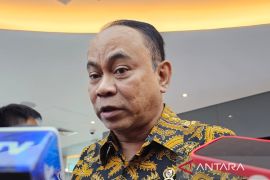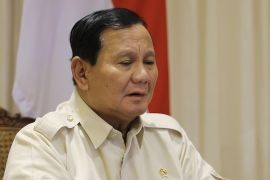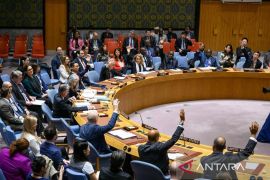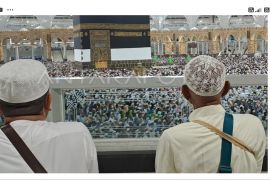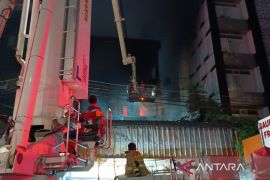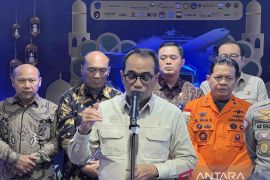Hence, the House of Representatives (DPR) has suggested that the government review its policy that allows foreign firms to invest in certain areas, so far, designed for small businesses in the Negative Investment List (DNI).
The government recently announced its plan to issue a policy to relax the 2016 DNI that will be carried out through revision of Presidential Regulation (Perpres) Number 44 of 2017 concerning list of business fields closed to and business fields that are open with conditions to investment.
In Presidential Regulation Number 44 of 2017, which regulates the 2016 DNI, 25 business sectors in question have varying requirements for foreign capital ownership, ranging from 49 percent to 95 percent.
With the issuance of the XVI Economic Policy Package and revision of Perpres Number 44 of 2017, the government has decided to allow foreign investors to have full ownership in 25 business sectors in the DNI.
Speaker of the DPR Bambang Soesatyo has called to again review the policy to open business areas in the DNI based on the XIV Economic Policy Package to protect UMKMs in the country.
"It is not too late for the government to correct or revoke the policy to safeguard the future of small entrepreneurs," Soesatyo remarked in Jakarta on Wednesday (Nov 21).
According to the DPR speaker, the latest economic policy package is viewed as not being in line with President Joko Widodo`s vision of encouraging and protecting national UMKMs.
He reminded that the government had issued a policy to support UMKMs by reducing the tax burden and loan interest to only some 0.5 percent.
However, he pointed out that the XVI Economic Policy Package had the potential to threaten the future of small business actors, who should be protected by the state.
Soesatyo, who is also the Golkar Party politician, further highlighted that the latest economic package currently also targeted several strategic sectors.
Coordinating Minister for Economic Affairs Darmin Nasution had earlier denied that relaxation of the DNI in the XVI Economic Policy Package allowed foreign capital ownership in the UMKM sector and cooperatives.
"I want to say that it is not true to say that there are small and micro business sectors open to foreigners," Nasution stated at a press conference in Jakarta on Monday (Nov 19).
The assumption that there would be foreign ownership in UMKM arises owing to a misconception regarding the four business fields that were excluded from the DNI.
Earlier, the four business areas were reserved for UMKMs and cooperatives in the 2016 DNI according to Presidential Regulation Number 44 of 2016.
The four business areas are the tuber peeling and cleaning industry; cloth printing industry; knitting industry, particularly embroidery; and internet service outlets.
"Foreign investment (PMA) in the tuber peeling and cleaning industry and internet service outlets is not possible because the minimum capital (for foreign investment/PMA) is Rp10 billion. Those (businesses) are not the Rp10-billion class venture," Nasution noted.
Meanwhile, Secretary of the Coordinating Ministry for Economic Affairs Susiwijono explained that the exclusion of the four business sectors from the DNI 2018 meant that they would not be reserved for UMKMs and cooperatives again.
The tuber peeling and cleaning industry was especially excluded from the DNI 2018 on consideration that the business sectors do not need permission as required for UMKM and cooperatives.
In the meantime, the Indonesian Chamber of Commerce and Industry (KADIN) has called on the government to postpone the implementation of relaxation of the Negative Investment List.
KADIN general chairman Rosan P. Roeslani said in a statement in Jakarta on Thursday, the organization could understand the government`s move amid the current economic situation in the country that would need favorable policies to boost economic growth, especially with the increase of current account deficit.
According to Industry Minister Airlangga Hartarto, the Negative Investment List should be adjusted to the present conditions and developments in an effort to activate investments at home,
"The DNI should reflect the balance between the aim of economic development and national interests. Hence, the DNI should be dynamic, always follow national economic developments, and consider the condition of businesses," Hartarto noted on Monday.
Yet, KADIN said that the government should also receive objective inputs from businessmen.
"The policy in investment has closely linked to business world and KADIN is an institution of businessmen. Hence, objectivity, the policy should obtain inputs from business people," Rosan said on Thursday (Nov 22).
KADIN has also concerned on the impact of the policy to small and medium scale enterprises that have provided jobs for 95 percent of national work forces and served as a new motor to boost its growth.
Edited by INE
Reporter: Andi Abdussalam
Editor: Heru Purwanto
Copyright © ANTARA 2018
